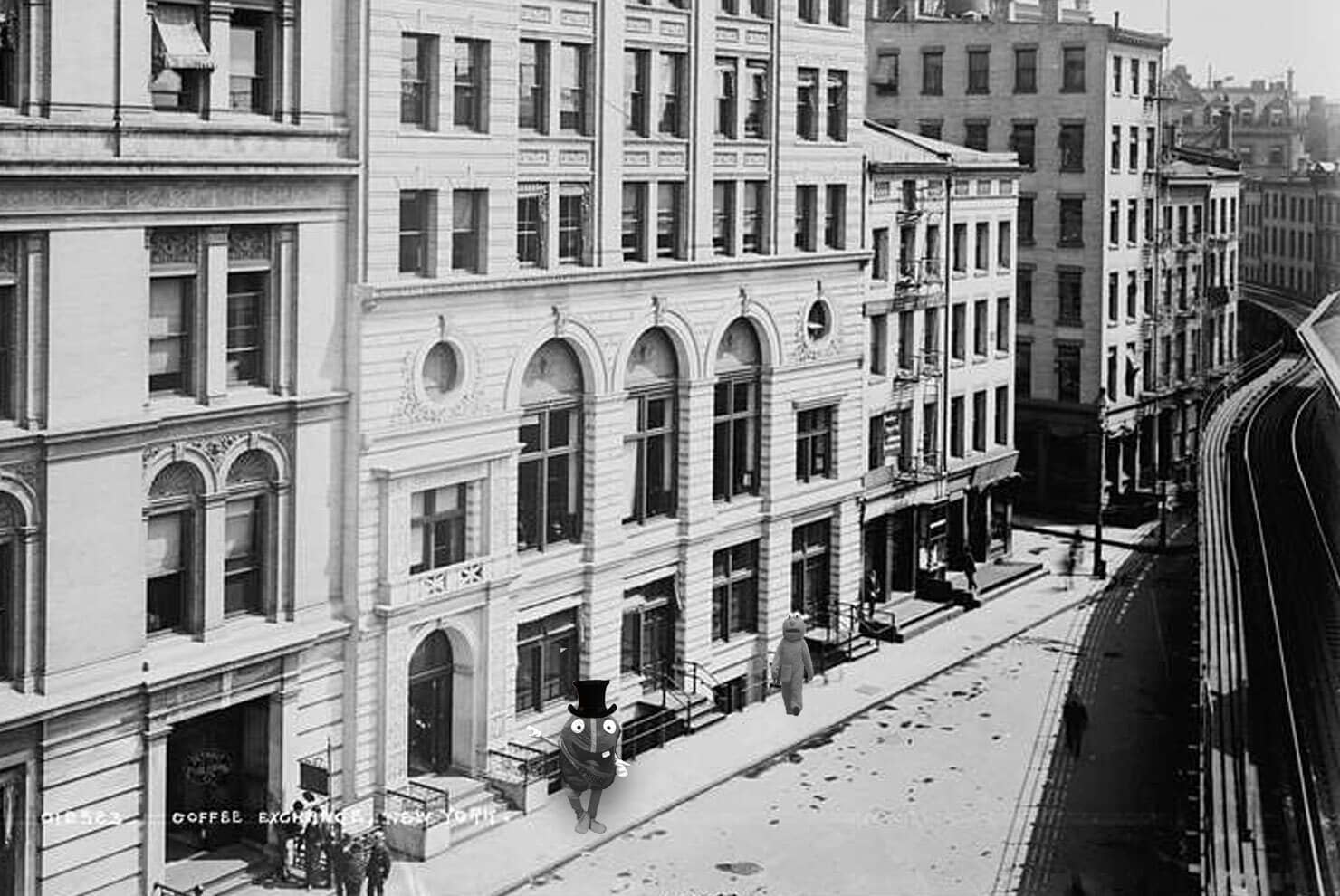After years of hanging around the $1.00 mark, the price of coffee on the commodities market has been rebounding as of late. Arabica, for instance, hasn’t dipped below $2.00 a pound since mid-March. Yesterday, the price peaked at $2.55, the highest it’s been since 2011. Meanwhile, in London, the price of robusta reached an all-time high on Tuesday, at $4,844 per tonne, roughly $2.19 a pound.
As is so often the case, the reason for these price increases isn’t entirely good; scarcity of both species—often due to climate change-related weather occurrences—is holding the price at such high levels and is showing no signs of stopping.
As reported by the Financial Times, the robusta output is one of the primary drivers. Big time robusta producing countries like Vietnam and Indonesia have seen shortages in their output this year, according to Lavazza Group chair Giuseppe Lavazza. And weather forecasts for Vietnam’s next harvest indicate that the crop won’t be able to make up for the flagging supply. This, in turn, is driving up the price not only of robusta but Arabica as well, as buyers are having to turn the higher priced species to meet demand, per Moomoo.
And the price is likely to rise even further. “Coffee prices are not going to go down, [they’re] going to stay very high,” Lavazza said “on the sidelines of the Wimbledon tennis tournament.” Which is really just a chef’s kiss of the dichotomy of the situation. Sitting courtside at the prim and proper and highfalutin tennis tournament, the rich guy foreshadows why they simply must charge you more for your coffee—even though the price didn’t ever seem to drop when they were getting bargain basement sub-$1 coffee. (It’s definitely not greedflation. Please don’t put in the newspaper that it’s greedflation.)
Per the Financial Times, the problem may compound in Europe, due to the EU’s well-meaning but problematic new regulations required coffee producers to prove their product isn’t contributing to deforestation. Lavazza claims that only 20% of the world’s farmers are able meet that standard, limiting the potential supply even further.
Still, though it ultimately is going to be passed on directly to the consumer, the higher price, despite the decreased production, will hopefully mean more money going to the producers, the folks who have been getting the short end of the stick (and still are). The folks at Lavazza will just have to live with only making a net income of €68 million per year. They may just have to watch Wimbledon on the telly like the rest of us.
Zac Cadwalader is the managing editor at Sprudge Media Network and a staff writer based in Dallas. Read more Zac Cadwalader on Sprudge.
<?php echo adrotate_group(54); ??><?php echo adrotate_ad(589); ??><?php echo adrotate_group(56); ??><?php echo adrotate_ad(589); ??><?php echo adrotate_group(69); ??><?php echo adrotate_ad(589); ??><?php echo adrotate_group(38); ??><?php echo adrotate_ad(589); ??><?php echo adrotate_group(51); ??><?php echo adrotate_ad(589); ??>
Zac Cadwalader
July 12, 2024


